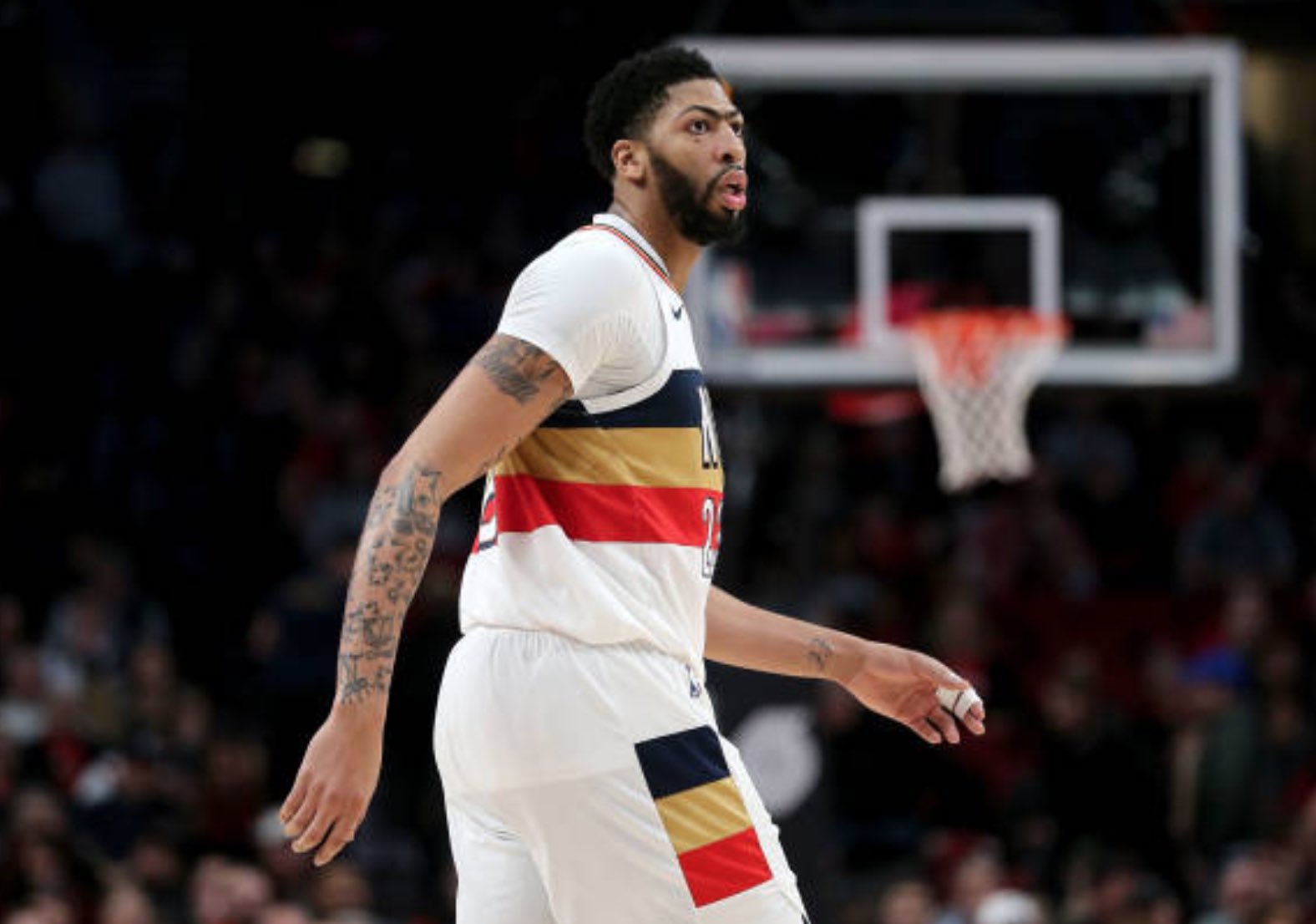
NBA
Teams Win DESPITE Superstars, Not Because of Them
Last night, I was a guest on a podcast, and the host asked for my opinion on today’s NBA superstars culture. The question posed to me was: Why are young players operating with such a sense of self-entitlement?
My answer was complex.
How the NBA is Marketed Today
The NBA was in a financial crisis in the 80s until the Larry Bird vs Magic Johnson era began. That marked the beginning of the NBA superstar in earnest.
Since the days of MJ, this marketing strategy has simply gotten out of hand. For example, LeBron James is considered more of a brand than a basketball player, and his accomplishments can be viewed more accurately through the prism of a general manager, not a player.
The prevailing NBA ethos is that winning basketball is procured through the purposeful, and awkward, machinations of creating mini “Dream Teams” within the larger NBA populace. Also, the presumption of sandwiching a few minimum contracts between pieces of max contract bread as the only palatable solution to winning is false.
Obviously, the restaurant has been confused about the hunger of the customer.
Superstars Aren’t Always Super
There are so many flawed examples of superstar failure that it boggles the mind how steadfast the NBA holds on to its superstar mythos.
If superstardom was truly the commodity that leads to NBA fortune (which is the belief), THAT WOULD NEGATE ALL LOGIC OF THE TRADE REQUEST. If superstars are the main source of printing money, why doesn’t the machine always print money?
Carmelo Anthony is a “superstar.” Why did the Houston Rockets exile him as quickly as they could? Apparently, his lack of defensive prowess, team chemistry issues, and public ridicule had an effect.
If Anthony Davis has so much intrinsic value, why is his team so terrible when he plays? If he is such a superstar, why does he need to go to a bigger market? He should be big enough on his own.
Context is Everything
The truth is that NBA superstars are very comparable to Hollywood superstars. Their star burns brightest as the marketing budget increases.
George Clooney is one of the most famous movie stars of all time. Yet, his independent political thrillers barely recoup their budgets. Is this because George Clooney isn’t actually famous? No. It’s because the MARKETING BUDGETS of those particular films are infinitesimal.
It is the same with fake NBA superstars.
A superstar cannot be a superstar if they exist in a vacuum.
A superstar is a by-product of larger marketing tools at work.
If a team wanted to make a ball boy famous, the marketing staff would assign cameramen to simply follow him around. Also, punditry panels would be organized to debate the merits of whether or not the basketballs are distributed in an expeditious fashion. Perhaps even an identity politics panel made up of NBA and WNBA stars would discuss whether or not “ball girl” or “ball woman” is more appropriate.
Winning and Fame are Different Outcomes
If winning made you famous, every single player on the Golden State Warriors would be famous. But they’re not. MARKETABLE ELEMENTS make up the team concept. Then those elements are promoted ad nauseam as white lies attempting to take credit for the work of HUNDREDS of human beings.
![]() Golden State’s organizational prowess is just as responsible for the team’s success as Stephen Curry’s three-point ability. But marketing a balanced budget and a stable front office isn’t as sexy as using two letters: KD.
Golden State’s organizational prowess is just as responsible for the team’s success as Stephen Curry’s three-point ability. But marketing a balanced budget and a stable front office isn’t as sexy as using two letters: KD.
Perhaps if Anthony Davis viewed himself more as the face of collective efforts, as opposed to a captured star in a jar, he would find the humility that leads to true team play and the ‘W’ word — winning.
On All-Star Weekend, perhaps we need less “star” and more “all”.
Follow us on Twitter: @T101Sports @T101SportsNBA
Follow us on YouTube:
Subscribe to get the latest news from TSJ and the TSJ 101 Sports TV YouTube channel! Play and win weekly at Thrive Fantasy!
Photo Credit
@PelicansNBA via Twitter












